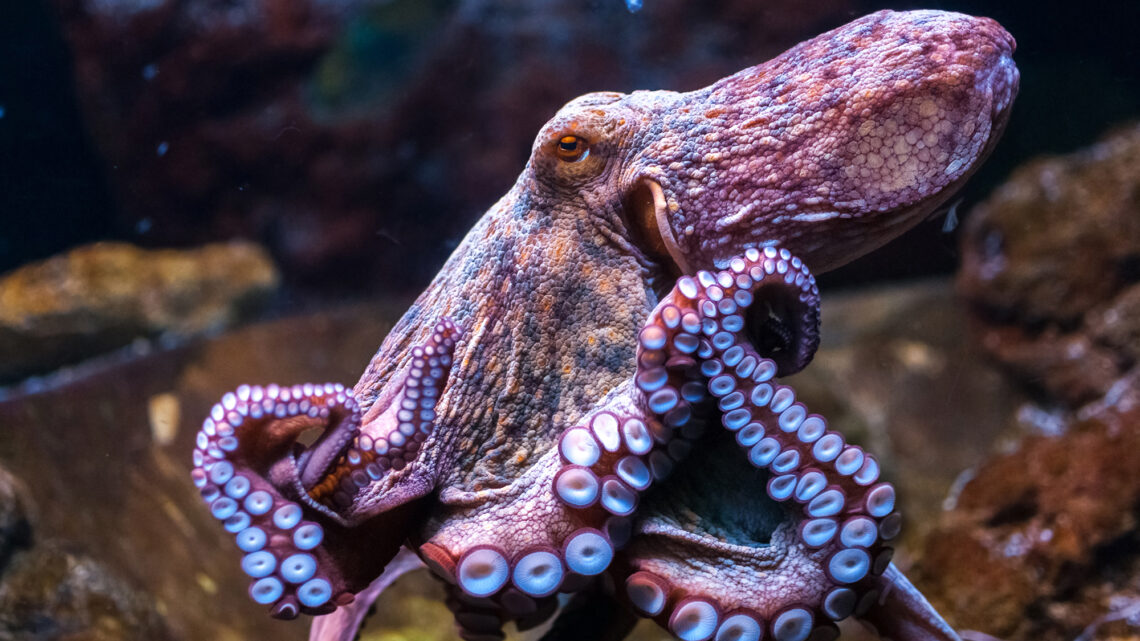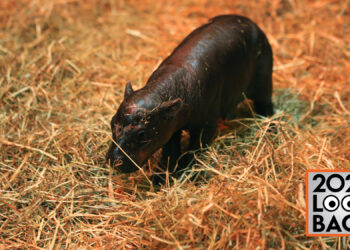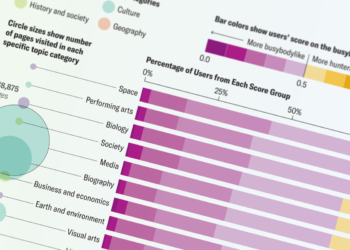Scientists and enthusiastic dog owners alike have long quibbled about what attributes or tendencies make one animal smarter or more intelligent than another. But as animal researchers have applied various intelligence tests to a wider net of living things in recent years, the dividing lines have only gotten murkier.
Earlier this year, a group of 40 researchers from top universities around the globe signed on to the New York Declaration on Animal Consciousness, arguing that recent studies suggest far more animals may have the capacity for consciousness than previously thought and that there is “strong scientific support” for attributing consciousness to mammals and birds. The researchers say there’s even a “realistic possibility” of consciousness in other, less remarkable vertebrates, like reptiles, amphibians, and fish, and possibly even cephalopods and other animals without a backbone.
Here are a few of the ways animals are forcing scientists to rethink consciousness and cognition, ranging from the more familiar to others far less so.
Elephants
Elephants are widely considered some of the most intelligent mammals outside of primates thanks to their exceptionally large brains and strong social bonds. The giant, long-trunked mammals have been observed mourning their dead, and in some cases, even burying them. They have notoriously long-lasting memories which makes them adept problem solvers and tool users. Outside of nature, humans have leaned on those skills and traits to exploit elephants as circus performers. Other research has shown elephants capable of replicating one another’s calls with high levels of precision. An elephant in the Bronx Zoo in 2006 also proved it was capable of recognizing itself in a mirror, a key sign researchers associate with self-awareness.
Dogs
Dog owners are often nearly as enthusiastic about praising their animal’s intelligence as a new parent. And, on a species level, science…
Read the full article here







